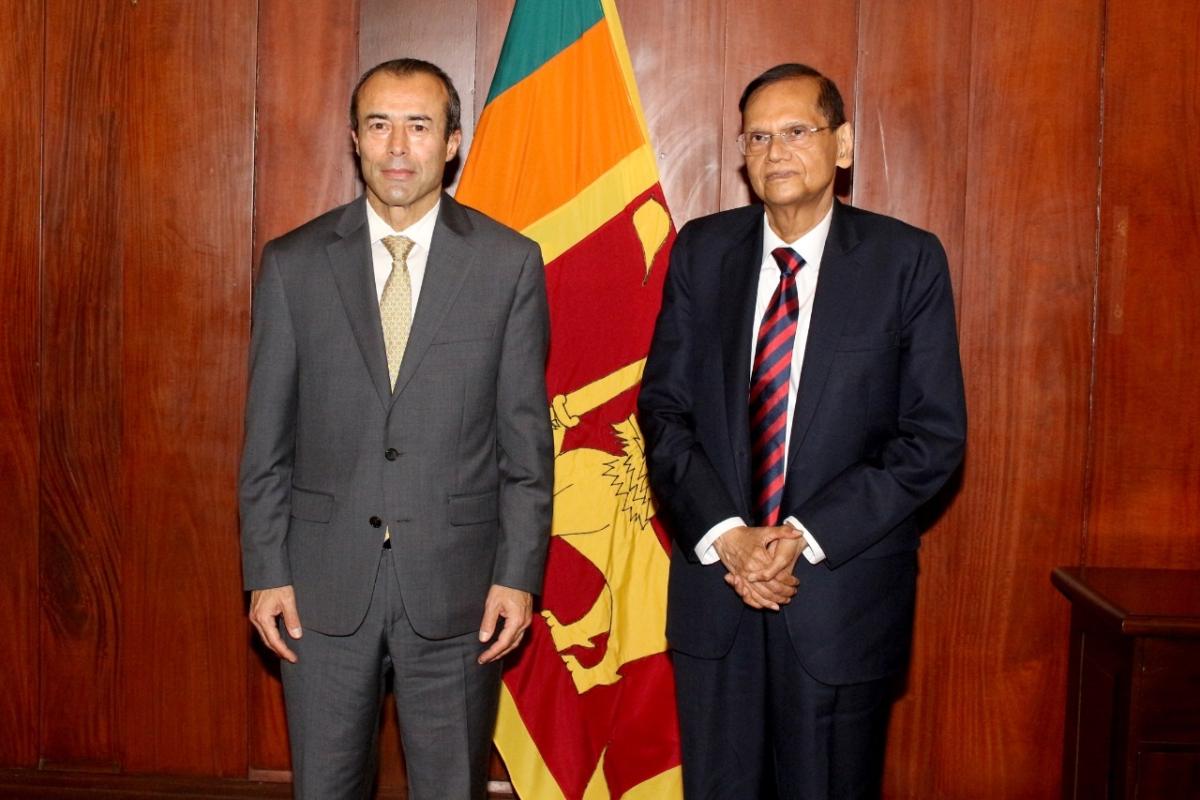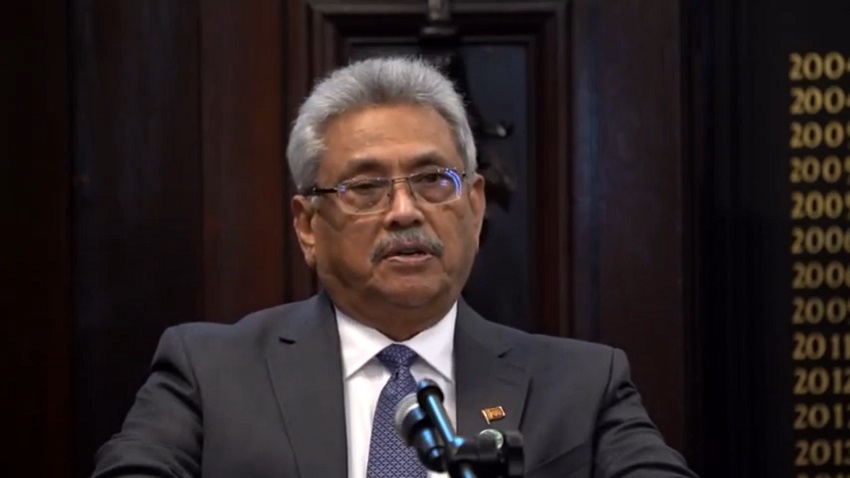Statement by H.E. Mr. Mohan Pieris, Ambassador and Permanent Representative of Sri Lanka to the United Nations at the 47th Plenary Meeting of UNGA 76 Session - Law of the Sea
Tuesday, 07 December 2021

The UN Assistant-Secretary-General (ASG) for Political, Peace building and Peace Operations, Khaled Khiari, who is currently undertaking a visit to Sri Lanka, called on Foreign Minister Prof G.L. Peiris, on Tuesday, 23 November 2021 at the Foreign Ministry.

Chairperson
Excellencies
Delegates.
This event takes place at a critical time for humanity. As a developing tropical island nation with abundant biodiversity, Sri Lanka is deeply aware
of the impacts of climate change.

Ayubowan.
It gives me great pleasure to address you this evening and I am very happy to see such an illustrious turnout at this event.